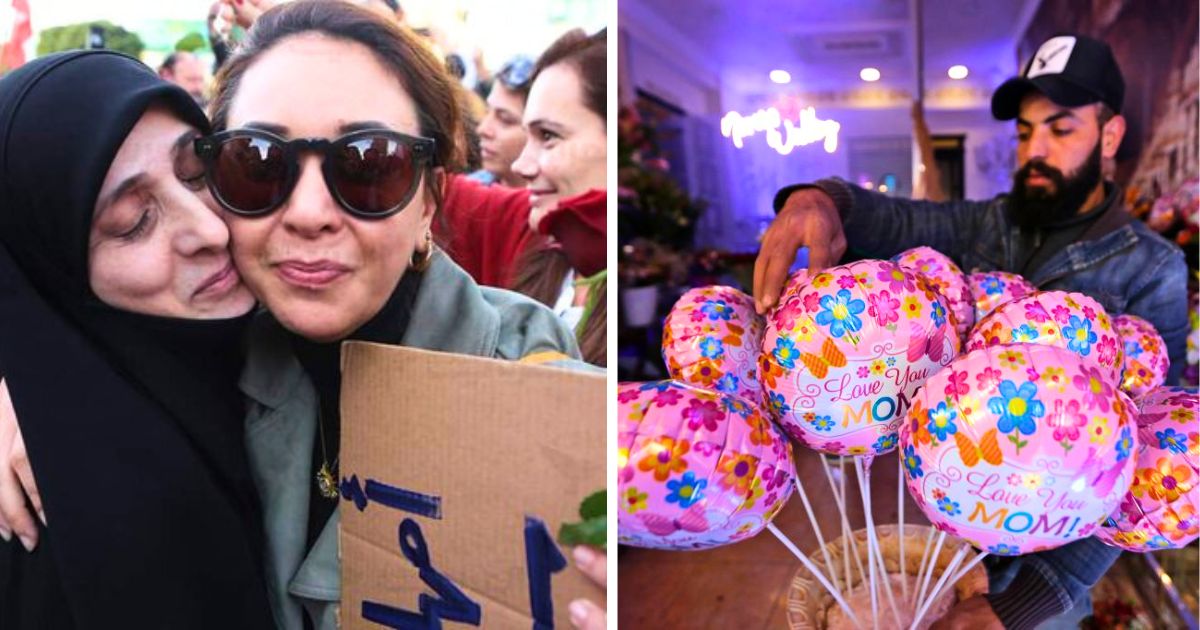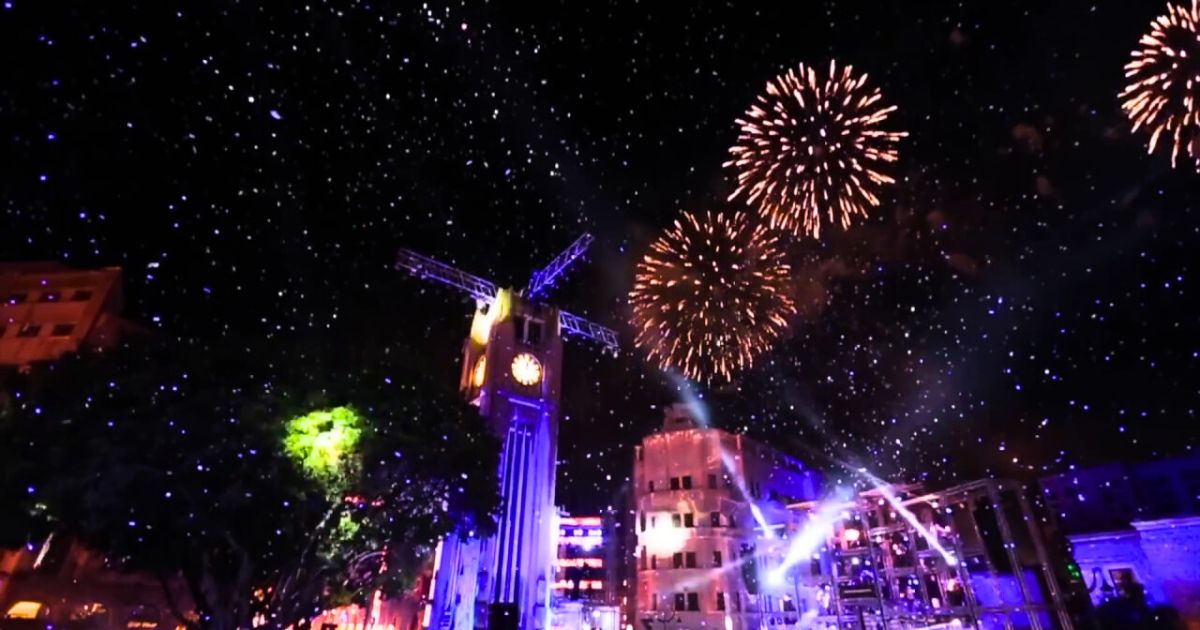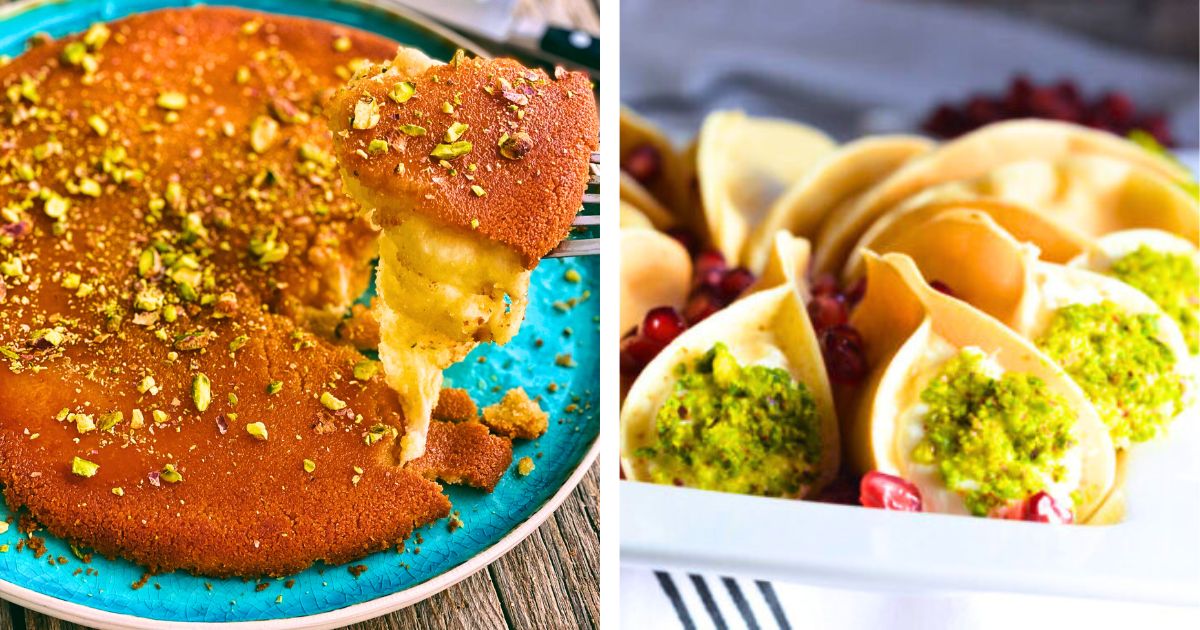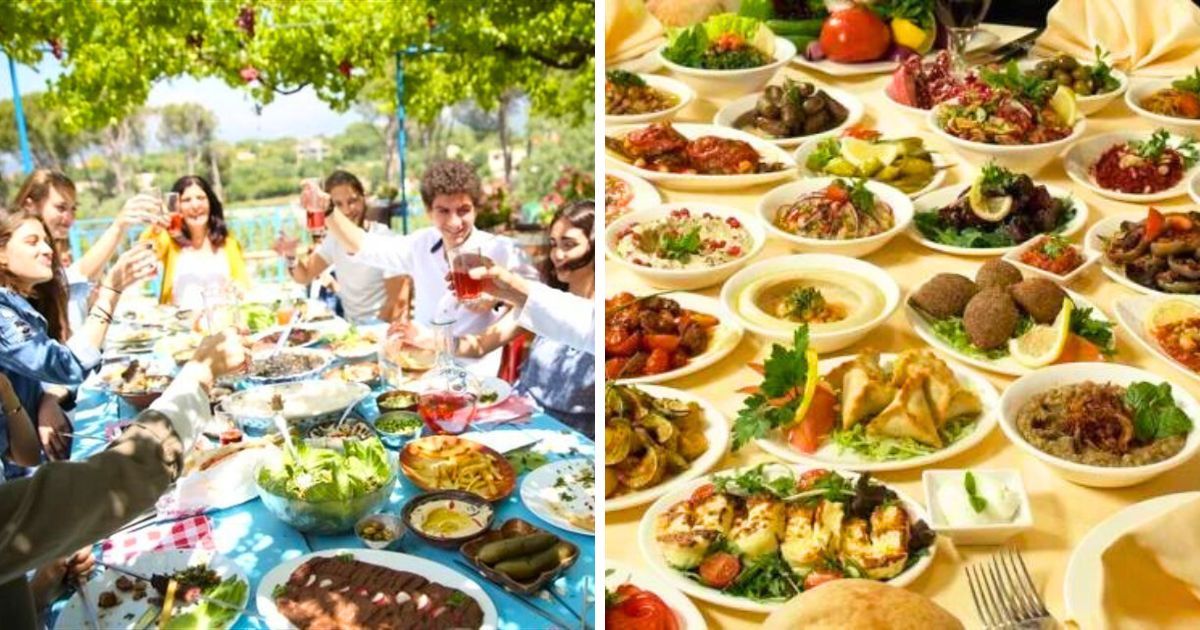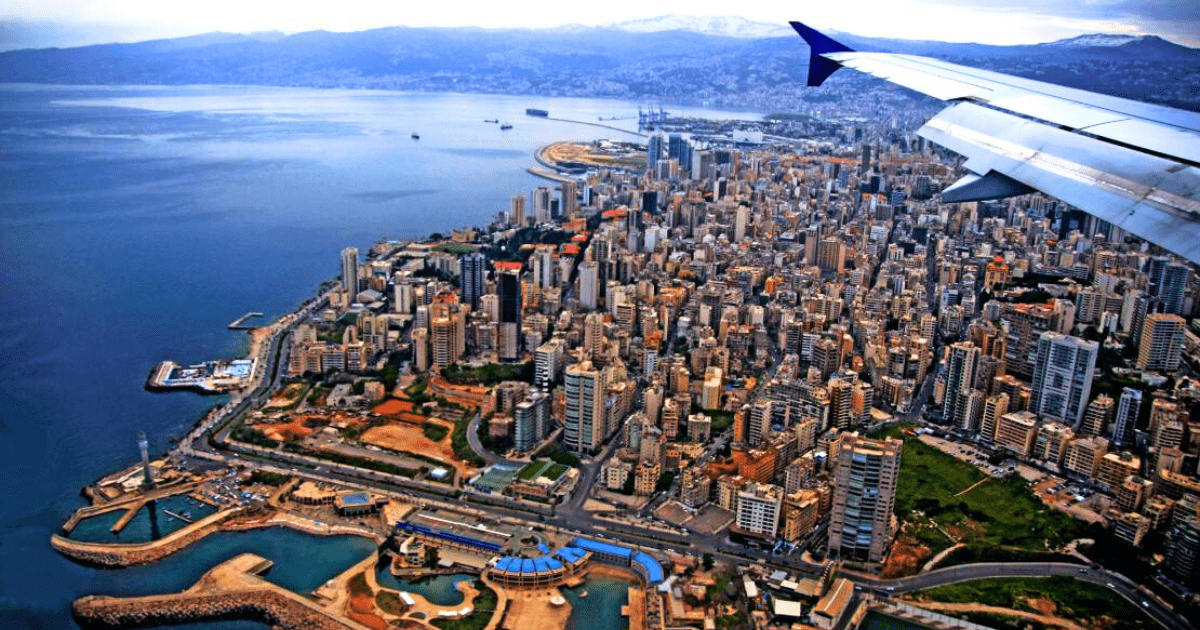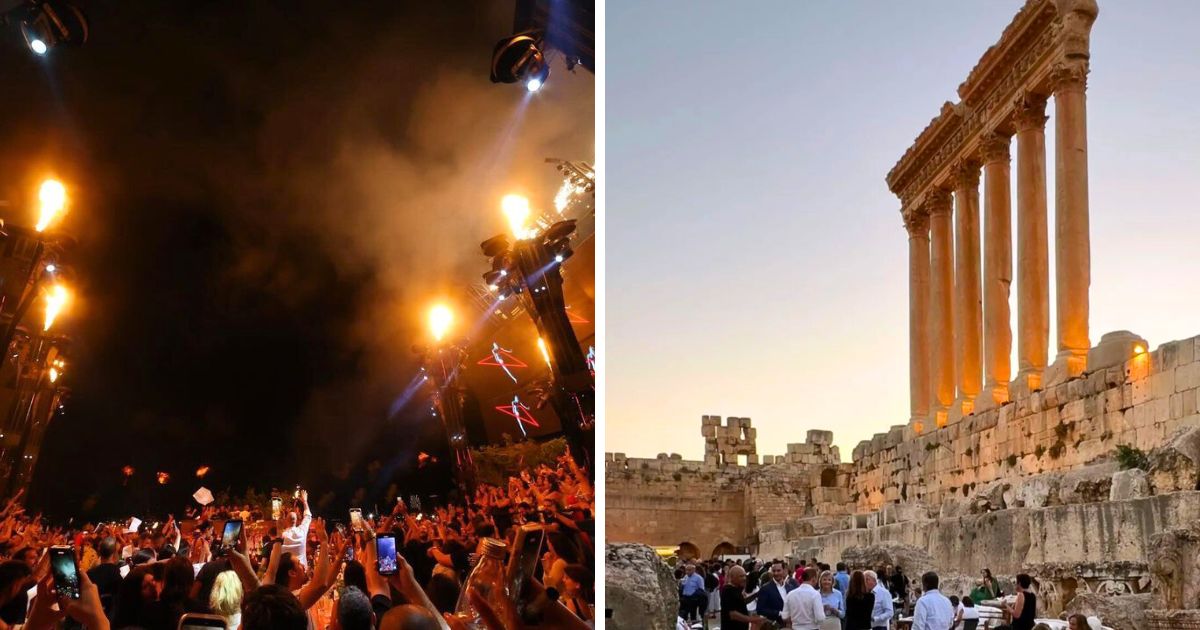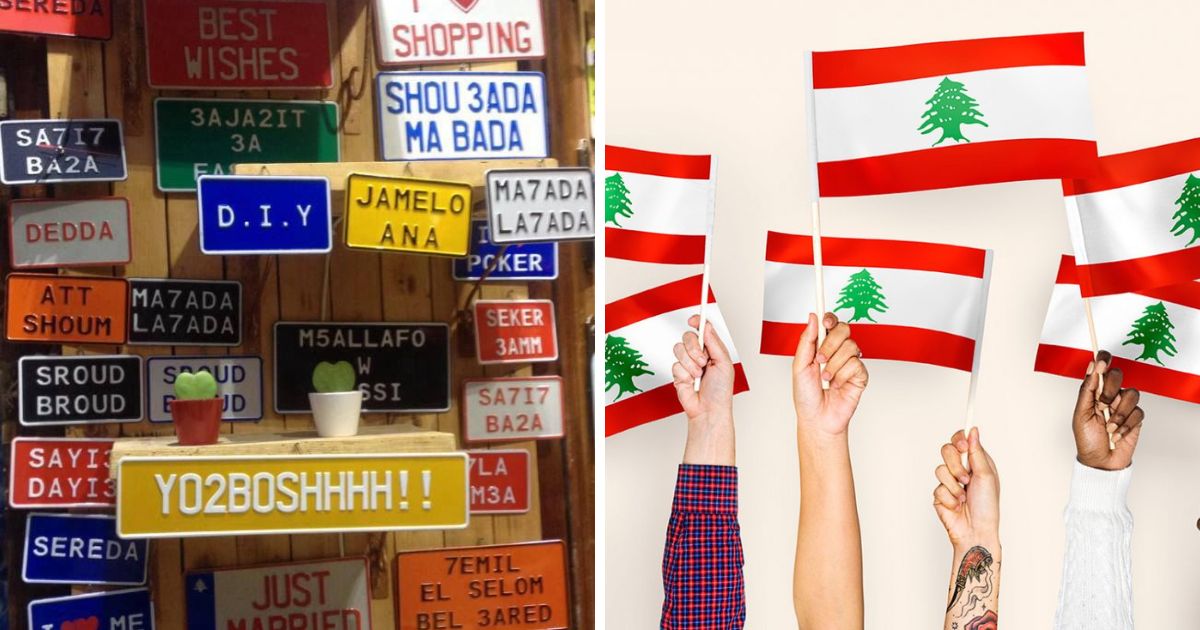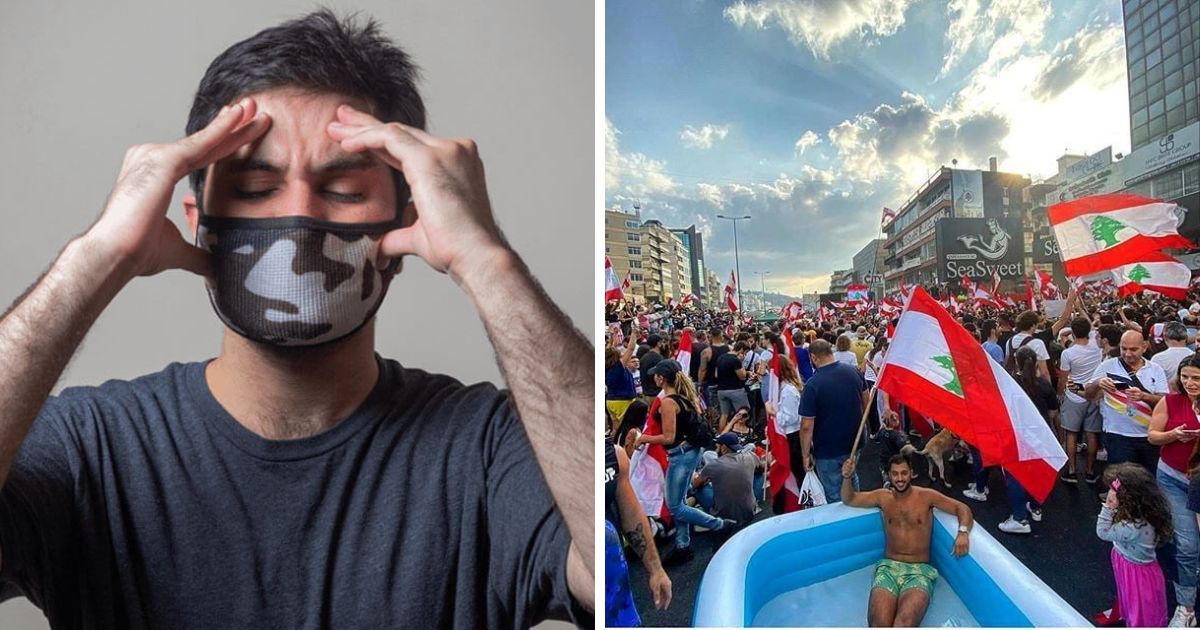Lebanon is undeniably the country of coexistence and diversity. It’s no wonder that, despite all the daily challenges, its people live together in amicability and harmonious atmosphere. Controversial enough, as Lebanon is and always was, this fascinating harmony is formed on an even more interesting mosaic, particularly when it comes to our cities and their accents. If the previous post around things to do in Tripoli has intrigued you enough to pay it a visit, we’re providing you below with a life-saving dictionary.
#1. Prosodic Stress on the Letter “ي” or “I”
While it’s common in Beirut and other cities to use the letter E in statements like “Baddeh” (I want) and “Albeh” (My heart), in Tripoli –and for most of the words ending with letter E– the letter “I” is articulated with a prolonged pronunciation. As such, you may hear Tripolitans say instead “Baddi” and “Albi”, etc.
#2. The “و” or “O” instead of “أ” or “A”
Here comes another golden rule. In Tripoli, many uses O in replacement of A. Examples can be endless here, of course: Oyem instead of Ayim for “I am standing” or Royeh in lieu of Rayih for “I am going.” That dialect applies to most areas of the north of Lebanon, with some difference in the accentuation of the O.
#3. Akhi, Abi, Khayeh, Bayyeh (My Brother/My Father)
This one is a bit more complicated since we have the whole word changing and not only the phonemical stress on particular letters. In some specific areas in Tripoli, you can also hear Akho instead of Akhi. Another style of permutation is the word M3almi in lieu of M3allim – a slang for master or teacher that the Lebanese word uses to show respect to someone.
#4. Mrokbi for Hamod (Lemon)
Moving to the complete and absolute variance, it only takes this word to detect the northern origin of someone. While most Lebanese say Hamod for Lemon, Mrakbi or mrokbi is the very common name for lemons in the northern part of Lebanon. So, if you are at a restaurant in the North and you are asked if you want some mrokbi on your dish, don’t just go gawking at the waiter as if he spoke Chinese. You know now.
#5. Dasher for etrok (Leave)
Combining previous words together, you may here a northern saying: Akhi dasher for “Bro, quit!” and “Bro, leave!” It could also come in the form of Dasharou or Talla2o, indicating that a couple or more than one person left or gave up.
#6. Tapse for Manfada (Ashtray)
While Manfada is ordinarily used for ashtray across Lebanon, the word Tapse can be very common in Tripoli and some other northern towns. It can either mean an ashtray or a saucer as well.
#7. Essa (Ba3ed) in Replacement to Halla2 (Now)
This is golden indeed because it can change the whole meaning of your statement. Essa in Tripoli and most of the north does actually signify “Not yet” and this is the only commonly known meaning for it, whereas in Beirut and way other places in Lebanon the word Essa means “now” and Ba3ed is used for “not yet.”
#8. Mokh (Brain, Genius)
Lend us your ears for a second, please. Never, ever use this word when speaking to a northern, and particularly a Tripolitan, because Mokh in Tripoli means a pimp! So don’t go assuming you are praising someone’s intelligence by telling him Mokh. You’ll get punched in the face for insulting his honor.
#9. Atrameez for Meretben (Jar)
As a Northern, I can still remember the first time I used the word Atrameez back when I was studying at a college in Beirut.
My mom has actually given me some apricot jam that my roomie liked so much that, when she asked for some, I was like: “Laykon Bel Atrameez” meaning the jam is in the jar. I can perfectly recall – till that moment – her priceless reaction as if I was speaking Kurdish.
I actually had to do a Powerpoint Presentation on some Tripolitan slangs for her so that we avoid any kind of similar cultural shocks!











